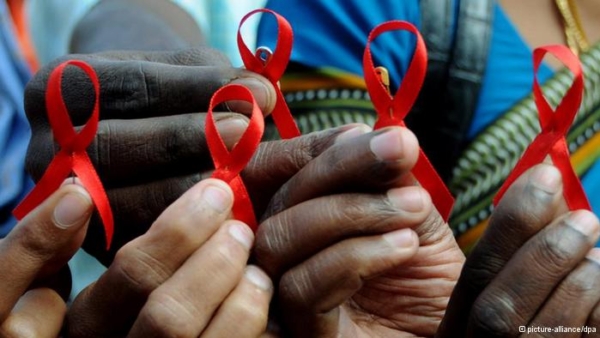Overview
We are not aware of any HIV-specific laws in Libya, although there are provisions in the Penal Code which may be used to prosecute HIV transmission. We are aware of one case of widespread HIV transmission which resulted in criminal charges.
Article 305 of the Penal Code makes it an offence punishable with not less than ten years to cause an ‘epidemic by propagating harmful germs’. Where death of one person occurs, life imprisonment applies, while the death penalty is applied where multiple people are killed.
Furthermore, general harm provisions could be applied in cases of disease transmission. Article 381 defines ‘serious injury’ to include ‘illness from which there is no hope or possibility of recovery’, which could be interpreted to include incurable contagious diseases such as HIV. Such injuries are punishable with up to five years’ imprisonment.
We are aware of one HIV case in Libya, though it involved hundreds of individual cases of HIV transmission, which is highly controversial and complicated by political and economic instability of the era. Against a backdrop of the imminent lifting of sanctions imposed by the West in the fallout of the 1988 Lockerbie bombing, this case received public attention in 1998, when staff at Benghazi’s Al-Fateh Hospital discovered a cluster of 393 HIV-positive children. Although it was unclear how such a large cluster of HIV cases existed in a country which was without any officially recognised HIV cases, foreign medical staff soon fell under suspicion. Specifically, a group of five Bulgarian nurses and a Bulgarian and a Palestinian doctor were accused and held without charge for around a year, before charges were brought in 2000.
Two sets of charges were laid; firstly, a group of Libyan hospital administrators and support staff were charged with negligence for their alleged failures to inform the families of the HIV-positive children of their diagnoses, withholding treatment, and hiding test results. A second group consisting of the foreign medical staff, were charged with 23 counts of capital murder for allegedly injecting, and ultimately killing, children with HIV, as poor availability of treatment resulted in several deaths. Among other charges, most serious was the accusation of conspiracy against the Libyan nation, as the Gaddafi Government accused the second group of being Western agents tasked with spreading HIV to destabilise the country. Reporting suggests that Gaddafi had ulterior motives, including grandstanding and distracting from government negligence.
The trials began in 2001, with the case against the group based on confessions and testimony obtained by torture during detention. When these were retracted, and circumstantial evidence was proved to be false, the case unravelled, and the conspiracy charge was thrown out in 2002. In a second case in 2003, expert virologists concluded that there had been no evidence of intentional injection of HIV, and had more likely arisen from poor hygiene standards and reuse of equipment including needles. Despite this evidence, the group were convicted, and all bar the Bulgarian doctor were sentenced to death by firing squad for murder in 2004, charges which were upheld at retrial. The Libyan group were all acquitted. Following high-profile political pressure from the US and EU, the sentences were commuted and the group were released in exchange for payment of compensation to the victim’s families, as well as normalised relations and a concealed weapons deal for Libya.
Laws
Penal Code
Article 305. Epidemic Diseases
Anyone who causes an epidemic by propagating harmful germs shall be punished by imprisonment for a period of no less than ten years.
If as the result of the act one person dies, the penalty shall be life imprisonment. If more than one person dies, the penalty shall be death.
Penal Code
Article 381. Serious Injury
The injury shall be deemed serious and the penalty shall be imprisonment for a period not exceeding five years if the act results in:
1. Illness from which there is no hope or possibility of recovery.
(…)
HIV Justice Network's Positive Destinations
Visit the Libya page on Positive Destinations for information on regulations that restrict entry, stay, and residency based on HIV-positive status, as well as access to HIV treatment for non-nationals.
